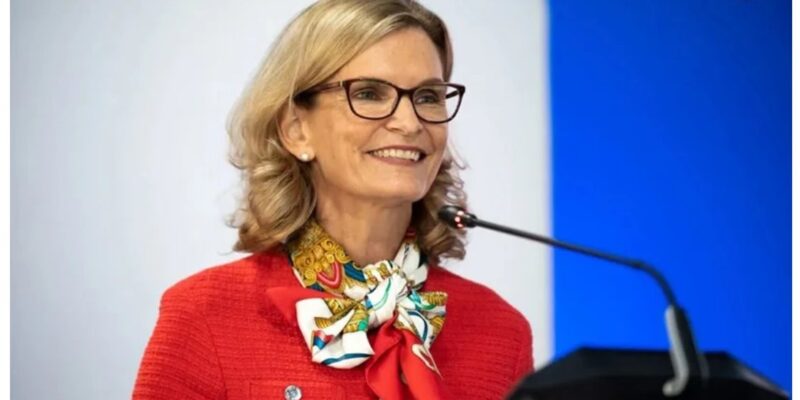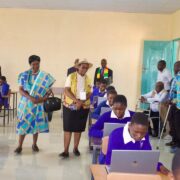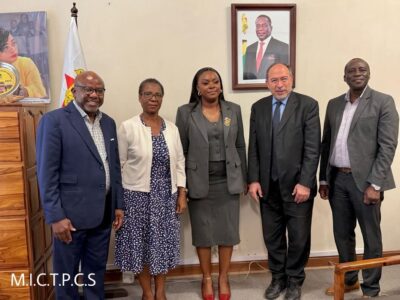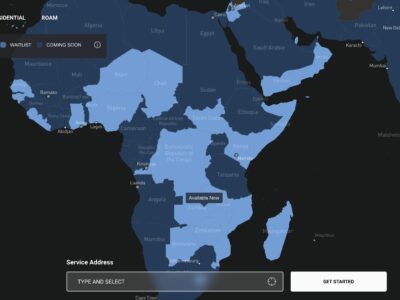The United Nations has launched a drive to raise $220 million to expand internet access for refugees and host communities across Africa, aiming to connect at least 20 million people by 2030.
The initiative, known as Connectivity for Refugees (CfR), is part of the UN’s broader digital inclusion agenda and is being implemented through a partnership between the International Telecommunication Union (ITU) and the UN High Commissioner for Refugees (UNHCR). The CfR programme focuses on providing affordable internet services to major refugee-hosting regions, beginning with Chad, which currently shelters around 1.5 million refugees, mostly from Sudan.
“In Chad, we witnessed first-hand how connectivity can restore dignity and hope for displaced people and host communities. The CfR initiative opens doors to digital opportunity in places where connection to the Internet is a lifeline, not a luxury,” said Doreen Bogdan-Martin, ITU secretary-general.
By Ruvarashe Gora
The UN agencies emphasized that connectivity has become an essential tool for refugees to access education, healthcare, and financial services. The expansion of digital access, they said, can help build more resilient and self-reliant communities across Africa.
The CfR initiative, launched in 2023, has since evolved into a public-private partnership active in several countries including Ethiopia, Uganda, Mauritania, Egypt, and Rwanda, with each programme tailored to local needs. Through data mapping, the initiative identifies underserved regions to prioritize connectivity infrastructure.
To achieve its ambitious goal, the UN is calling on governments, private companies, and development partners to support infrastructure development and remove regulatory barriers that limit refugees’ access to digital services.
“Our goal is ambitious, connecting 20 million forcibly displaced people and their hosts by 2030. We’ve shifted gears, and are starting to deliver results that will help create inclusive, resilient communities. But we need to keep pushing,” said Kelly T. Clements, UNHCR deputy high commissioner.
The organisations believe that digital inclusion is not just about connectivity but also about empowerment ensuring that refugees can access online learning, remote work opportunities, and essential public services.
If successful, the CfR initiative could mark a turning point in Africa’s humanitarian response, where internet connectivity becomes a fundamental right rather than a privilege, ensuring no community is left behind in the digital era.














Comments